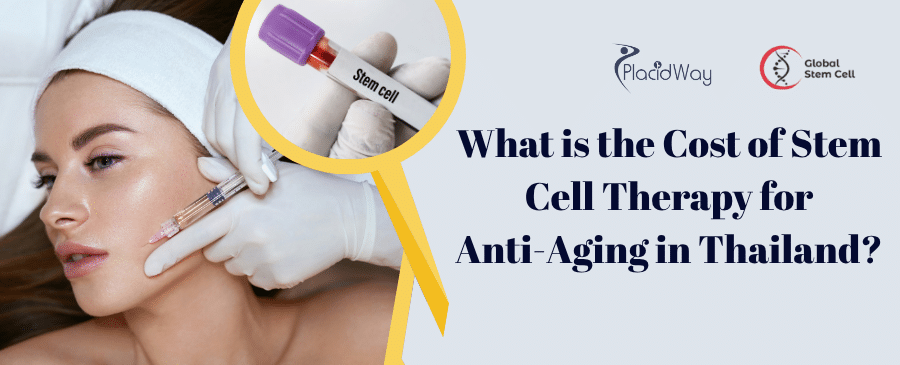Embryonic Stem Cell Therapy Treatment Abroad
Embryonic stem cell therapy has opened doors in the treatment of severe chronic diseases. It has been effective in enhancing the quality of life for many patients. From cancer to spinal cord injury, embryonic stem cell therapy has treated all of the syndromes with proven results. However, this treatment procedure has been in controversy based on religious and moral beliefs and opinions. The prime reason behind such controversy is the belief that developing embryos and fetuses are being destroyed for the pure purpose of scientific research. It has, hence, become very important for people to get real information related to the study and research of embryonic stem cell therapy.
The Procedure of Embryonic Stem Cells Collection
Embryonic cells are collected from the embryos that are cultivated in the laboratory. Many embryos are found to be extra after the completion of the IVF cycle in many intended parents. Such embryos are used for the experimentation of this treatment therapy. As a matter of fact, many couples voluntarily donate the extra embryos for the research purpose. None of the embryonic stem cells are derived from embryos taken without the consent of a woman. No unethical means are implemented in obtaining embryos to collect embryonic stem cells.
The embryonic tissues and cells are derived from the embryo developed in laboratories after 45 days of fertilization. Petri dishes are used to collect them. The study and research of embryonic stem cell therapy are still in a developmental stage. Each batch of cells collected is cultured in the laboratory for more than 6 months. Stem cells which cannot be differentiated or developed into specific types of cellular tissues are called pluripotent. It takes quite a long time in generating an adequate number of stem cells to be ready to cryopreserve for future use. Unspecified or undifferentiated embryonic stem cells are used in repairing nerve cells, muscle cells, and cardiac or heart muscle cells.
Ethics Related To Embryonic Stem Cell Research
Embryonic stem cell research is surrounded by various controversies as the cells are derived from human embryos. Many people are still in the belief of mal-utilization of embryos for the research and studies. An embryonic stem cell has proven effective in treating diseases like Alzheimer’s, Parkinson’s, leukemia, other cancers, and forms of diabetes.
Embryonic cells not only treat chronic diseases but effectively reverse injury damages. Various neural damages and spinal cord injuries are corrected by this treatment procedure.
The best use of pluripotent stem cells can give a ray of hope for countless people who are suffering from chronic illness or have lost mobility due to aging. This should be a fully acceptable avenue of research and development instead of unnecessarily creating controversy of its ethics. The embryonic tissues are morally utilized to treat people and give them a better life.
Embryonic Stem Cell Research and Treatment of Human Diseases
Embryonic stem cells are used in the treatment of various chronic illnesses from almost four decades now. The University of Wisconsin has started the research of embryonic stem cells in the late 90s to develop techniques of treatment through stem cells. Another California-based search agency has also received clearance from the FDA (Federal Drug Administration) in the year 2009 and has been executing clinical trials to utilize human embryonic tissues.
There is a lot of potential in the stem cell therapy based on embryonic, adult stem cell, placenta, and umbilical cord stem cells. These treatment procedures can treat chronic illnesses like diabetes, kidney disease, cancers, mental disease processes such as Parkinson’s and Alzheimer’s, as well as in cardiac care, and spinal cord injury with proven results.
Future of Stem Cell Research
Stem cell therapy using embryonic cells will succeed to prevent birth defects, muscular and neural diseases such as multiple sclerosis, osteoporosis and arthritis and even cancer in the future. Researchers and scientists working in this development procedures hope to increase the quality of life of various people suffering from various chronic illnesses. They even look forward to restoring the mobility of people who have been paralyzed due to injuries or diseases. Hence, the research and study related to this field should go on without any obstruction.
If the information here is not enough for you to take a decision, or you want to ask us a question, or maybe you need assistance, let us know by using the button below.
Contact PlacidWay
Stem cell treatments, research, and technology are no longer relegated to sci-fi novels or movies. Research and development of stem cells also go way beyond the use of embryonic stem cell therapy, the potential of cloning human beings and the moral and ethical controversies surrounding such developments.







